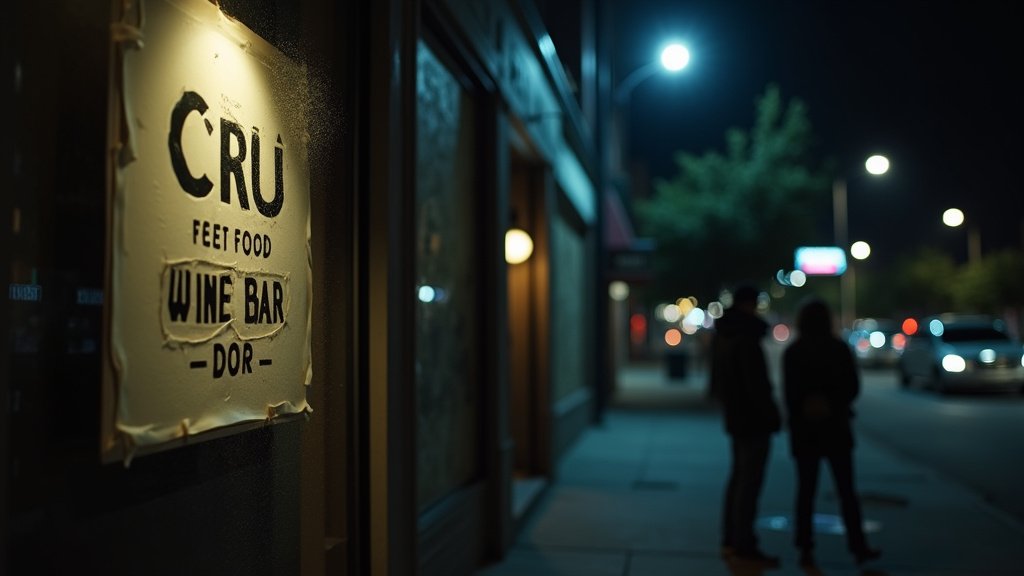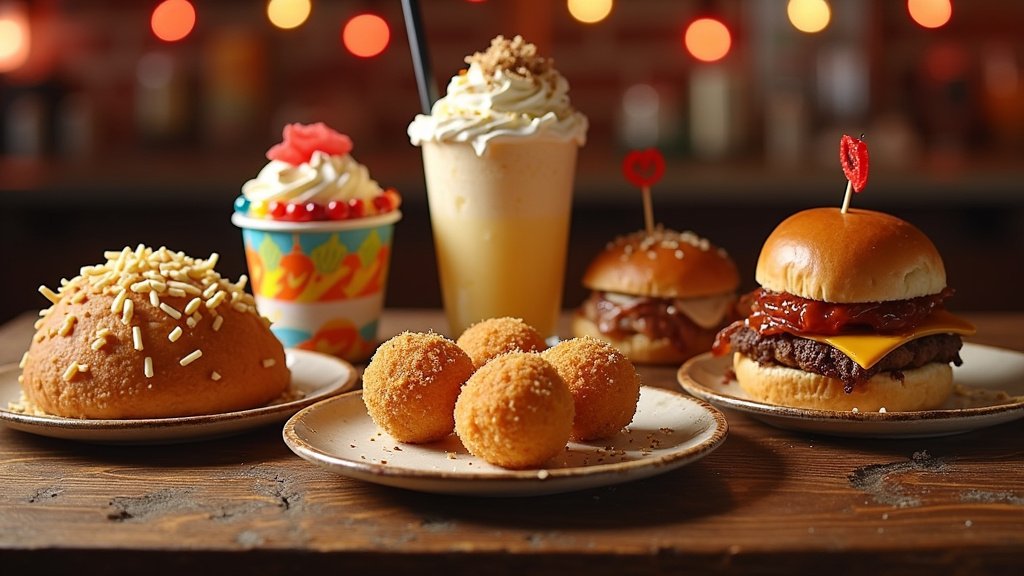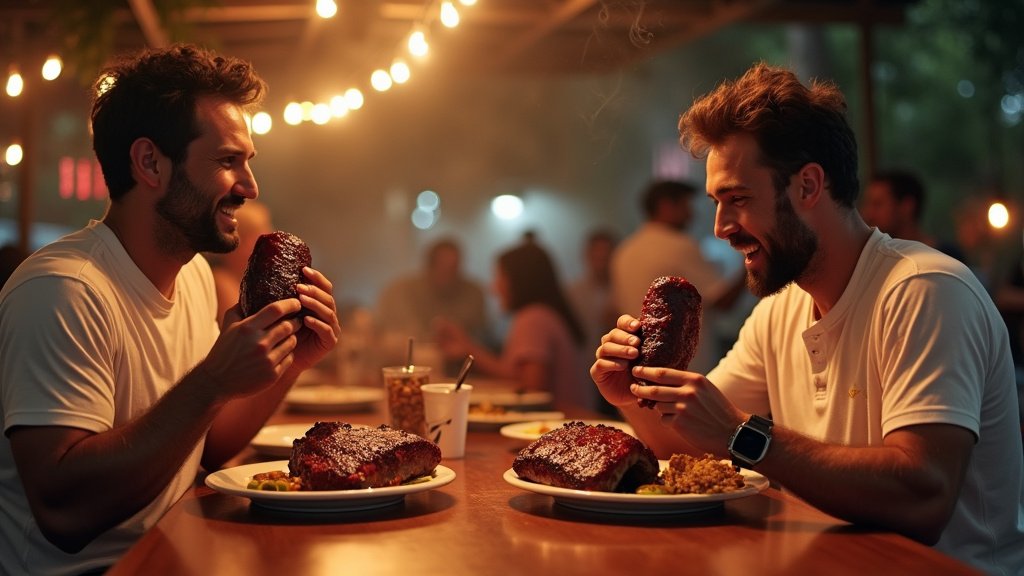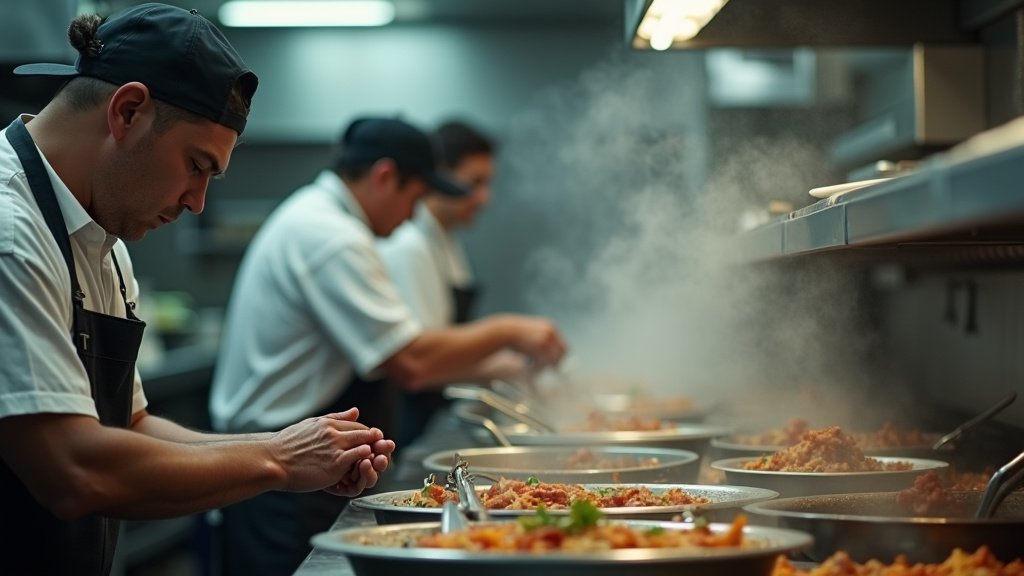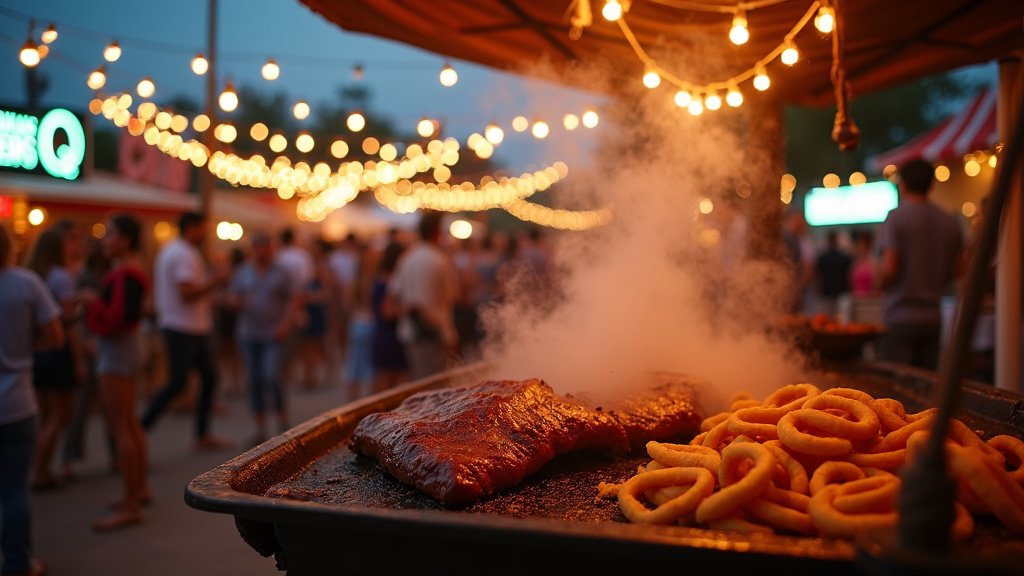The summer of 2025 has proven to be a challenging period for the Dallas-Fort Worth (DFW) metropolitan area’s vibrant culinary landscape, with a significant number of restaurants and bars announcing their permanent closures. From beloved neighborhood mainstays to trendy new establishments, a variety of dining and drinking venues have shuttered their doors, citing a confluence of economic pressures, shifting consumer habits, and intense market competitions. This trend underscores the dynamic and often unforgiving nature of the food industry in Texas.
A Summer of Shuttered Doors: Key DFW Closures
The Dallas-Fort Worth area saw a notable increase in restaurant and bar closures throughout June, July, and August 2025. Among the notable establishments bidding farewell was The Coupe in Fort Worth, a popular champagne bar known for its community events, which closed on August 9th after approximately two years of operation. Co-owner Lauren Badgett described the closure as a “celebration of bubbles, community, art and great memories,” hinting at the emotional toll such departures can take. Similarly, Cru Food & Wine Bar in Uptown Dallas, a long-standing staple for 23 years, poured its last glass on August 31st. Its initial West Village location was a significant fixture, known for drawing patrons from the adjacent Magnolia art house cinema, and had expanded across Texas and beyond.
In Fort Worth, the vegan fine-dining scene experienced a significant blow with the abrupt closure of Maiden Fine Plants & Spirits on July 7th, after just two years. The restaurant, hailed as a unique plant-based culinary destination, was locked out of its premises due to falling behind on rent and facing insurmountable rising costs and slower business. Its companion vegan bakery, Dreamboat Donuts & Scoops, also ceased operations in March 2025. The city’s barbecue scene also lost a lauded spot with Brix Barbecue announcing its closure on August 17th, after gaining acclaim for its brisket and specials.
Across the metroplex, other establishments added to the list of summer departures. The Whippersnapper, a popular Deep Ellum restaurant and bar, closed its doors after a decade, citing the end of its lease. In West Dallas, the craft cocktail pioneer Henry’s Majestic and its adjoining Atwater Alley closed mid-July, with owners indicating potential future reopenings elsewhere. Evan’s Meat Market in Highland Park, Dallas, a two-year-old butcher shop, also shut down on August 18th, attributing the closure to rising costs and staffing shortages. The unique tiki bar Swizzle in Dallas ceased operations on July 19th due to economic uncertainty, though plans for pop-ups and catering continue. Deep Ellum’s NIWA Japanese BBQ closed its doors on June 29th after nine years, while Pizzeria Testa on Greenville Avenue in Dallas concluded its seven-year run at the end of June.
Other closures included Cuco’s Sandwich Shop, a Latin restaurant that had operated for nearly 35 years in North Richland Hills, citing health issues; Fitzgerald, a Fort Worth steak and seafood restaurant that closed after three-plus years due to declining business and rising operational costs; and Old Neighborhood Grill, a 25-year-old American diner in Fort Worth, which also ceased operations. These departures highlight a broad impact across various dining sectors.
Beneath the Surface: Economic Headwinds Driving Closures
The reasons behind these widespread closures are multifaceted, with rising operational costs consistently cited as a primary driver. Across Texas, restaurant operators are grappling with increased expenses for food, labor, and rent, creating a challenging financial environment. Reports indicate that nearly half of Texas restaurateurs (45%) identify higher labor costs as a significant challenge, exacerbated by ongoing staffing shortages, which have been partly attributed to immigration policies. This economic pressure forces many businesses to consider price increases or, in difficult cases, to close.
Furthermore, shifting consumer habits, such as the continued growth of the takeout and delivery sector, necessitate adaptation. While this presents opportunities, it also adds complexity to operations. Lease negotiations and renegotiations, as seen with Cru Food & Wine Bar and Maiden Fine Plants & Spirits, often prove difficult, with businesses facing unexpected lockouts or choosing not to renew leases when faced with unfavorable terms or unsustainable rent hikes.
The Ripple Effect: Community Impact and Shifting Landscapes
These restaurant and bar closures leave a void in the Dallas-Fort Worth dining scene. Each establishment represents not just a place to eat, but a part of the local community, a source of employment, and a unique culinary offering. The loss of places like the long-standing Cru or the distinctive Maiden signals a shift in the available food options and can impact the character of neighborhoods. The competitive nature of the food industry means that only the most adaptable and financially robust establishments can consistently thrive.
A Dynamic Industry: Openings Amidst the Closures
Despite the sobering number of closures, the DFW area continues to be a dynamic market. While summer 2025 saw significant departures, the region is also a destination for new restaurant openings and evolving food trends. From elevated comfort food to niche cuisines and innovative dining experiences, the industry remains in constant flux. The news cycles often highlight both the challenges leading to restaurant closings and the excitement surrounding new ventures, illustrating the resilience and continuous reinvention that defines the Texas food landscape.
As the Dallas-Fort Worth area moves beyond the summer of 2025, the closures serve as a stark reminder of the economic realities faced by the restaurant industry. However, the ongoing innovation and entrepreneurial spirit in Texas’s food scene suggest a continued evolution, with new trends and establishments poised to emerge, even as the impact of these recent departures is felt throughout the community.


